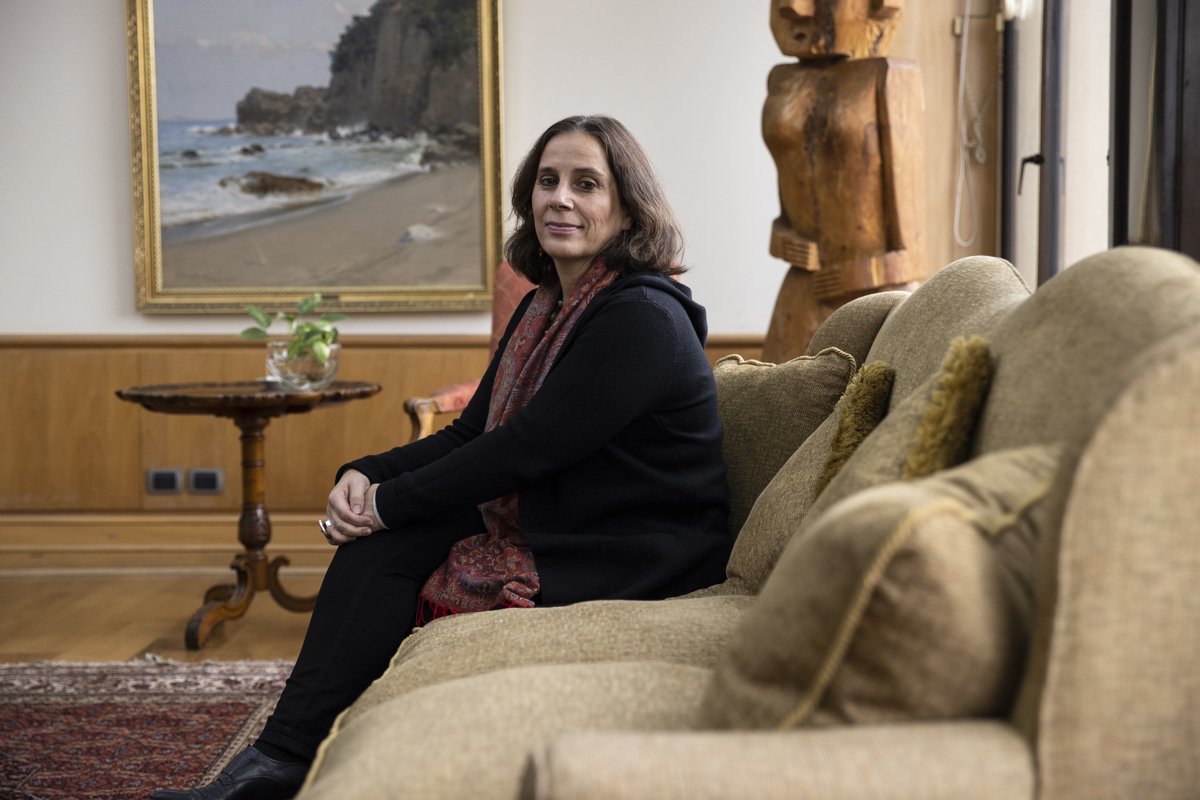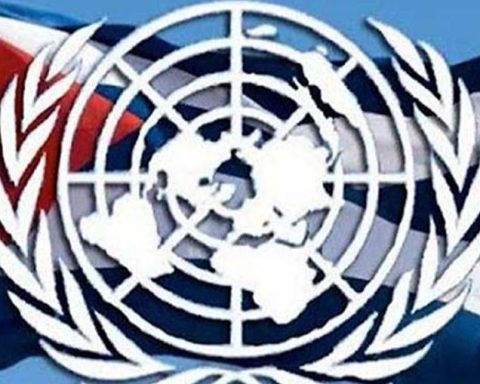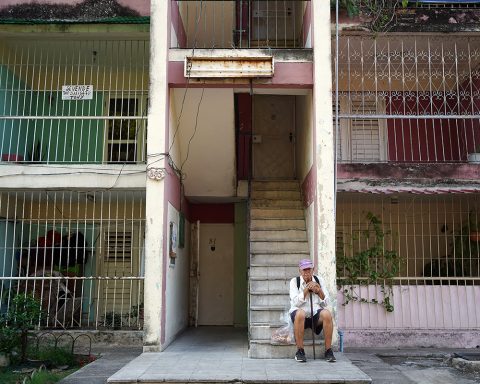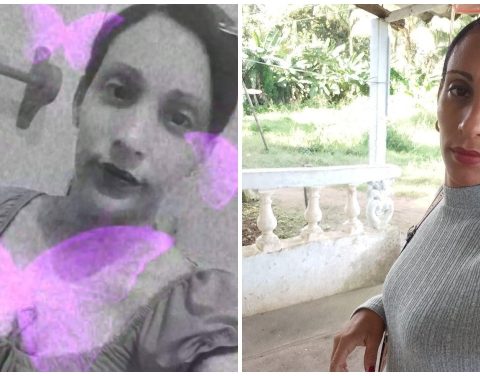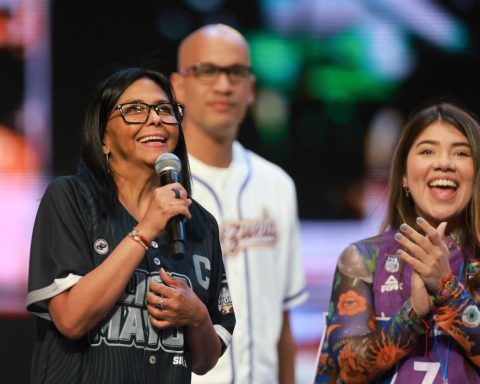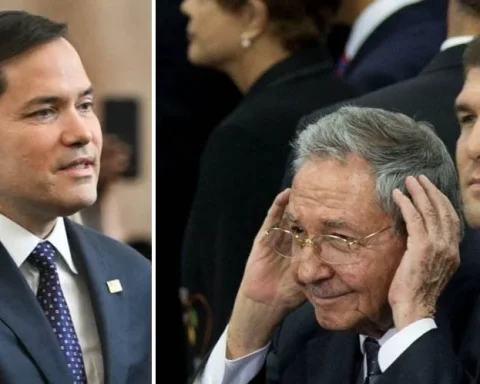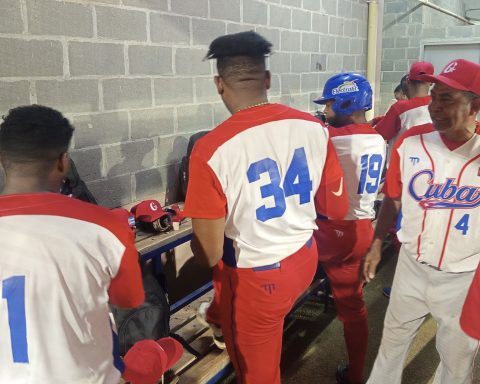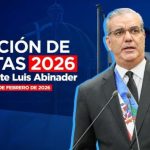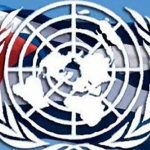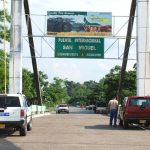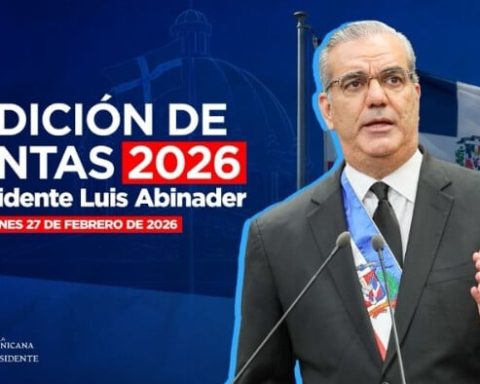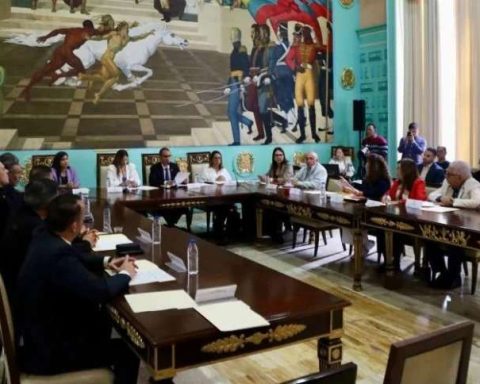the president of ChiliGabriel Boric, “represents a new leftist leadership in the region” and wants to promote a common agenda “beyond the ideological differences between the rulers,” he said in an interview with Eph the country’s chancellor, Antonia Urrejola.
The former student leader who took office in March amid great expectations, although in recent weeks his public approval has decreased due to the economic situation and violence, according to the Spanish agency, travels this week to Los Angeles to participate in the Summit of the Americasits first major international forum.
? | In interview with #RadioAnalysis of @uchileradiothe Chancellor @UrrejolaRREE referred to the image of the President’s leadership @gabrielboric and how it is observed in the region.
Listen to the full interview here ? https://t.co/RTEXF3Y3zy pic.twitter.com/9AvwVcnBuK
– Chilean Foreign Ministry ?? (@Minrel_Chile) June 3, 2022
Feminism, environmentalism and human rights are the cornerstones of a foreign policy that the 36-year-old president will try to transfer at a summit marked by controversy, with several regional leaders threatening not to attend due to the exclusion of Venezuela, Nicaragua and Cuba.
When asked by the agency about the message with which President Boric came to the summit, Urrejola (Santiago de Chile, 1968) said that the first thing is leadership, since he exercises “a new leadership in the region, young, of the left, but of the democratic left. In addition, she has put a very important stamp on human rights issues, on the feminist agenda and also on the climate crisis.”
“Beyond the ideological differences that the different rulers of the region may have, it is essential to have a common agenda for those problems that we have to face together,” he said.
Eph He also wanted to know Chile’s position regarding the boycott led by the Mexican president, Andrés Manuel López Obrador, who announced weeks ago that he would not be personally at the Summit if the announced intention from various circles of the Biden administration to leave countries out of the region due to its political nature.
In this regard, Urrejola responded: “From Chile we have also expressed our interest in having it be a summit without exclusions. If we are talking about the need for dialogue, beyond the different ideologies, it seemed fundamental to us to be able to have a broad and inclusive dialogue, but we did not condition our participation on this happening. I regret that the agenda of the summit has been taken over by this issue, why countries go and which countries do not go”.
“A fundamental axis of its foreign policy is that Latin America has a single voice and it is an effort that we are beginning to work on. The Venezuelan crisis is obviously part of the agenda of the summit and we are convinced that it cannot be resolved without Venezuela”, he pointed out.
America faces its summit with hardly any presidents and with a growing gap
And questioned about the position assumed by the Boric government before figures such as Juan Guaidó, whom the United States has continued to recognize as president of Venezuela, said: “Chile recognized Juan Guaidó when he was president of the Assembly, no longer it is. We understand that the president of Venezuela is Nicolás Maduro, beyond the various condemnations of international human rights bodies and the high commissioner, which the president himself has said that he shares.”
In addition to Mexico and Bolivia, other countries in the region have questioned their participation in the Summit of the Americas, such as Honduras and Guatemala; while several others have expressed their disagreement, such as Argentina, whose president Alberto Fernández confirmed this week, however, his presence at the Summit.
